Export restrictions could lead to global technology bifurcation, U.S. expert says
The president of a prominent business organization said that the United States and China have entered a new era in which technology is more tightly controlled, referring to the U.S. expanded restrictions on semiconductor-related exports to China in the name of national security and China's retaliation measures, but he is hopeful about cooperation on global challenges.
Craig Allen, president of the U.S.-China Business Council, made the point as the keynote speaker at the third annual Big Data China conference, hosted online on Tuesday by the Center for Strategic and International Studies in Washington. The theme of the conference was "The Turning Point? U.S.-China Relations, Economic Growth, and the Race for Technology Leadership".
On Dec 2, the United States announced expanded restrictions on semiconductor-related exports to China. The new rules ban the export of 24 types of semiconductor manufacturing equipment, three related software tools, advanced memory chips, and chipmaking machinery.
The restrictions extend to nearly 140 Chinese semiconductor companies, including major manufacturers, which have been added to the U.S. Department of Commerce's Entity List.
Allen noted China's robust response: banning the export of materials like gallium and graphite to the U.S., which he said could disrupt U.S. manufacturing and commerce significantly.
He said that increased reciprocal export controls could lead to the bifurcation of global technology ecosystems, including IT systems, code and innovation networks.
"Right now, the expansion of export controls by both countries is accelerating. If we do not arrest that acceleration, then it will become more and more difficult for the two big data companies or systems to coexist," he said.
"I think that both governments should agree that we do not want a bifurcated IT system. We do not want to bifurcate code; we do not want to bifurcate our technology, innovation, ecosystems, but that is the direction in which we are headed," he said.
"I would encourage both governments to have a serious talk about national security risks and clearly delineate what is go and what is no go," he said.
"I have great confidence that the incoming (Donald) Trump administration will recognize the economic importance of a fulsome economic relationship with China, despite the calls for tariffs and whatnot," Allen said.
Allen also highlighted increasing pressure from the U.S. Congress on technology regulations, with legislative initiatives like the National Defense Authorization Act signaling more stringent controls.
Concerns aired
He expressed concerns over Congress' tendency to push for more restrictions and advocated instead for a flexible, regulatory approach led by the executive branch.
Companies on the Entity List must apply for export licenses, which are unlikely to be granted. To close potential loopholes, the U.S. will enforce the Foreign Direct Product Rule, limiting the ability of non-U.S. companies that use U.S. technology to supply restricted items to China.
That rule effectively prevents U.S. companies from producing and exporting semiconductor tools in third countries to bypass the ban. While some U.S.-aligned nations may receive exemptions, some have questioned the long-term efficacy of the measures.
In response, on Dec 5, China's Ministry of Commerce implemented stricter export controls aimed at the United States. The measures include a ban on the exporting of gallium, germanium, antimony and super hard materials, all critical for semiconductor, defense and optical industries. The export of graphite, another essential material, will now be subject to greater scrutiny.
Unlike previous restrictions, China's new rules introduce more rigorous assessments of end-uses and purposes, directly targeting U.S. entities. The regulations hold all individuals and organizations globally accountable if they transfer Chinese-origin dual-use items to the United States for military purposes, with violators facing legal consequences.
Despite the reciprocal restrictions, Allen argued for exploring opportunities for cooperation, particularly on global challenges such as climate change, public health and food security.
"China is extremely innovative. America is extremely innovative. We are intertwined. Indeed, we are entangled," Allen said. "So, let's have more discussions of that type and figure out how we maximize the benefits while recognizing with very clear eyes the national security threats that are engaged.
"Let us focus particularly on global public goods, which are so obvious, including climate change, public health, food, safety, anti-proliferation, anti-narcotics," he said.
"There's so much that the U.S. and China can do together. We have a moral obligation to explore that, with great power and competition, let us not rule out great power cooperation."
























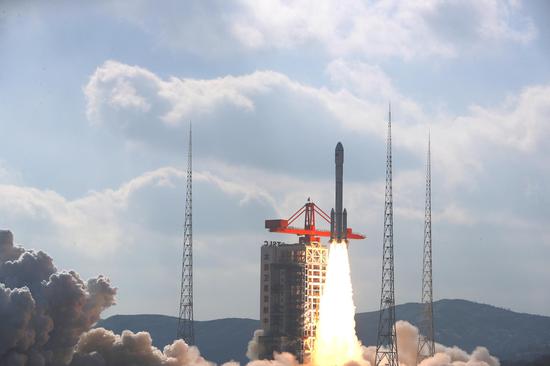



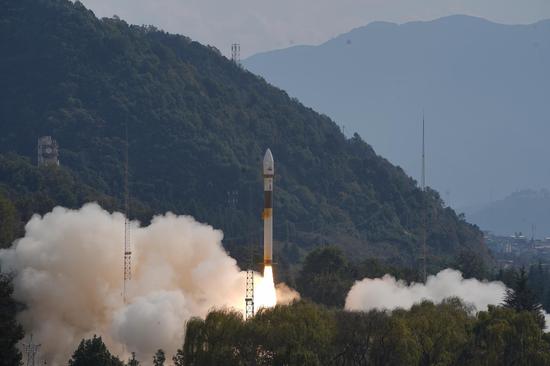







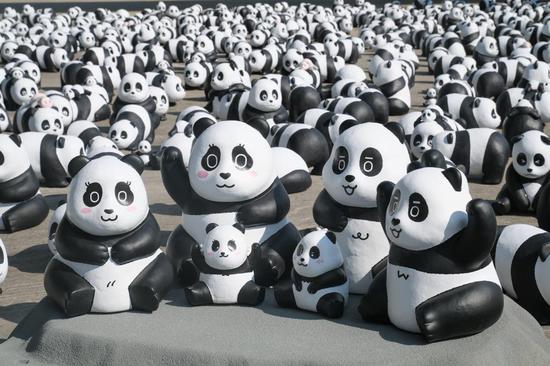



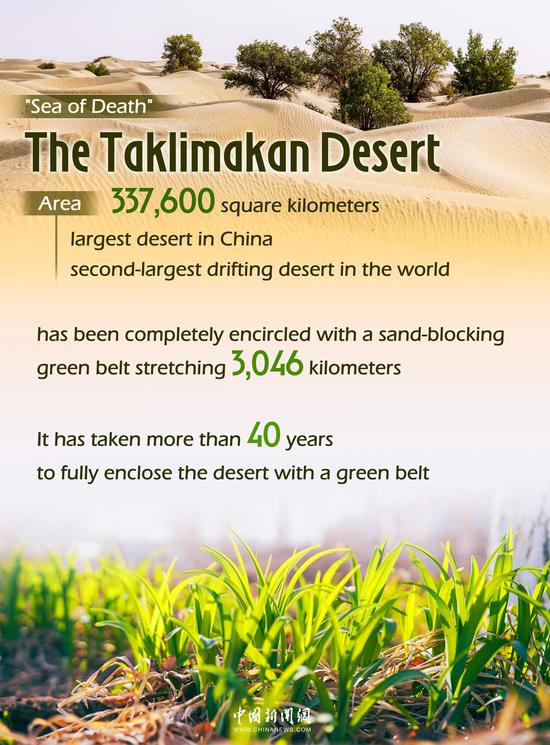



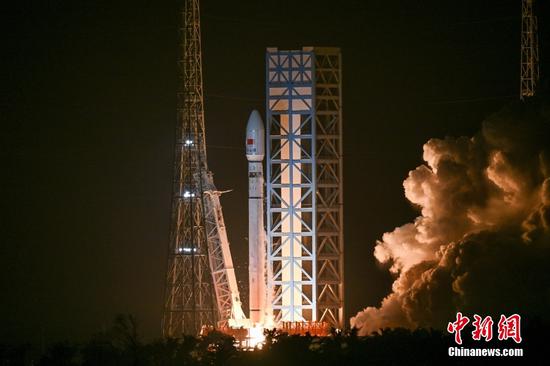

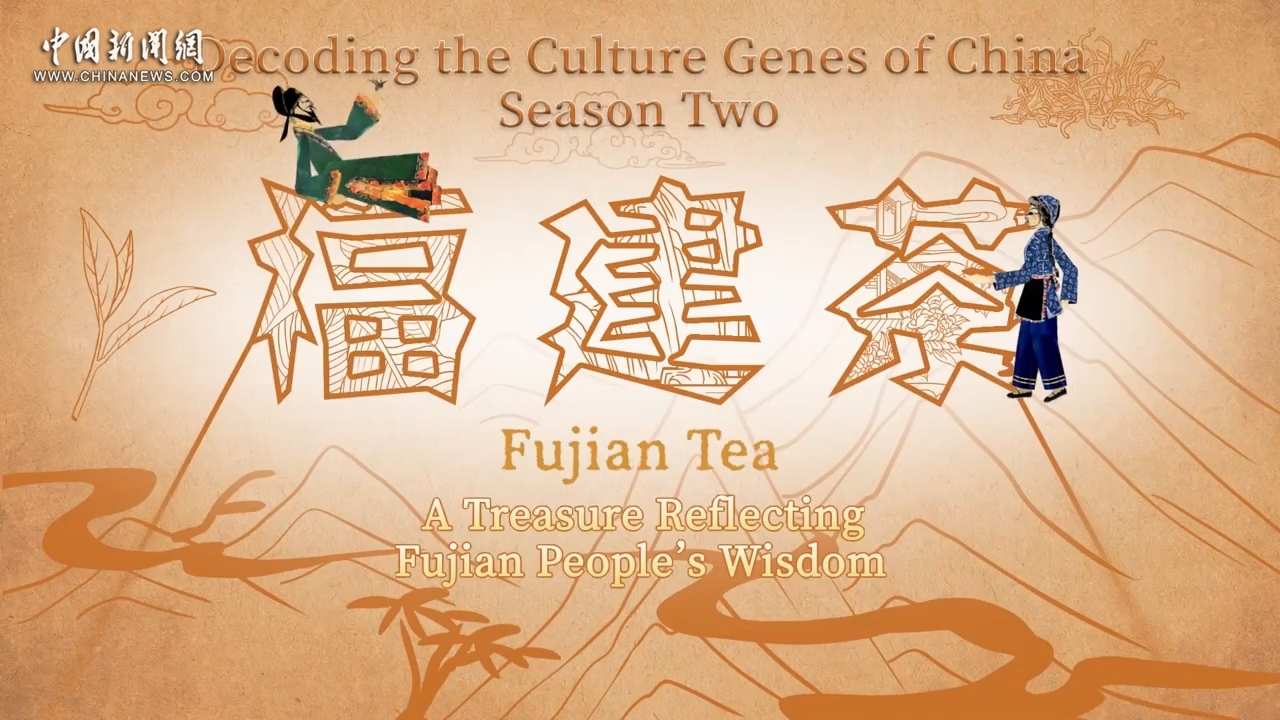

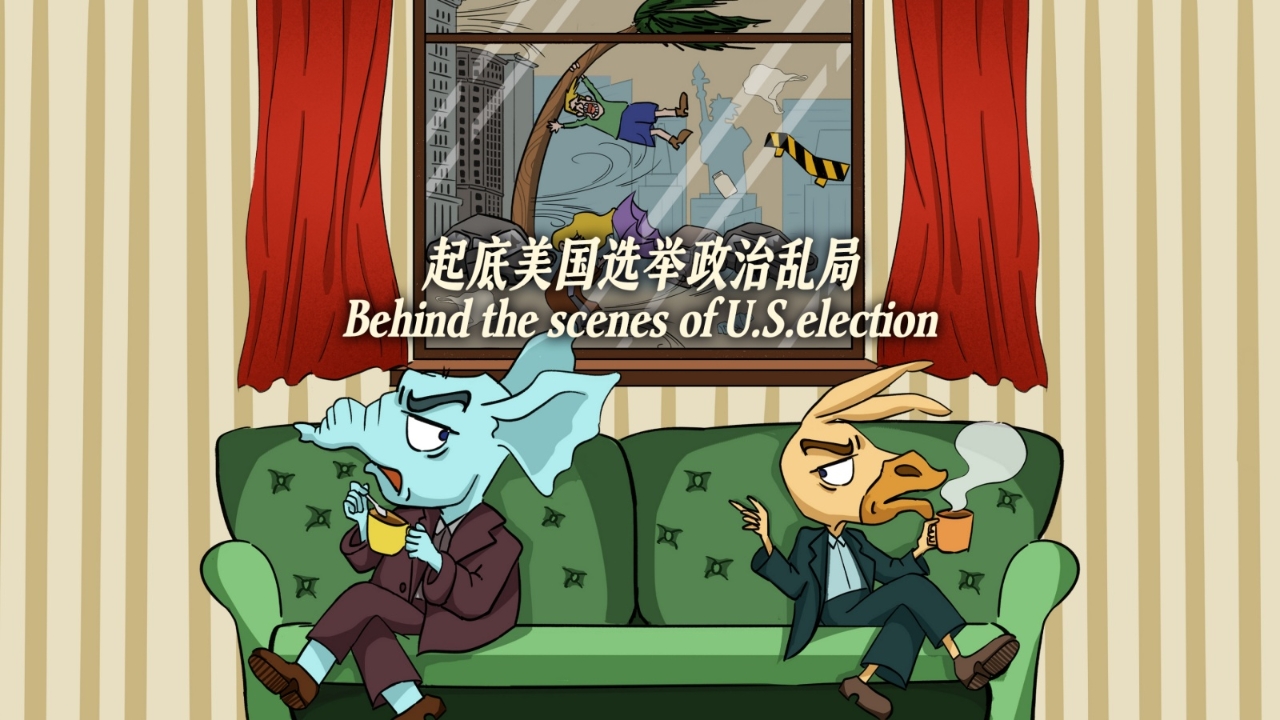

 京公网安备 11010202009201号
京公网安备 11010202009201号